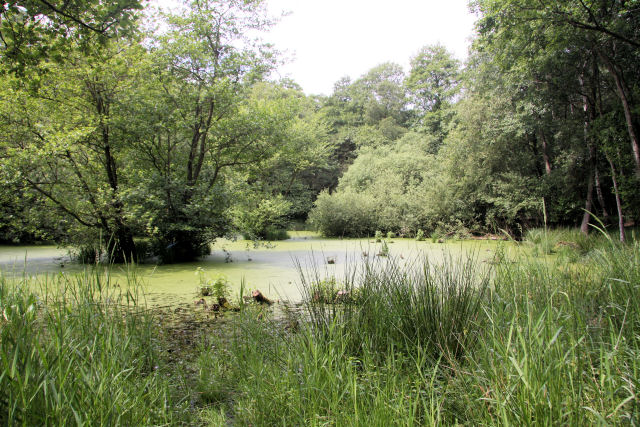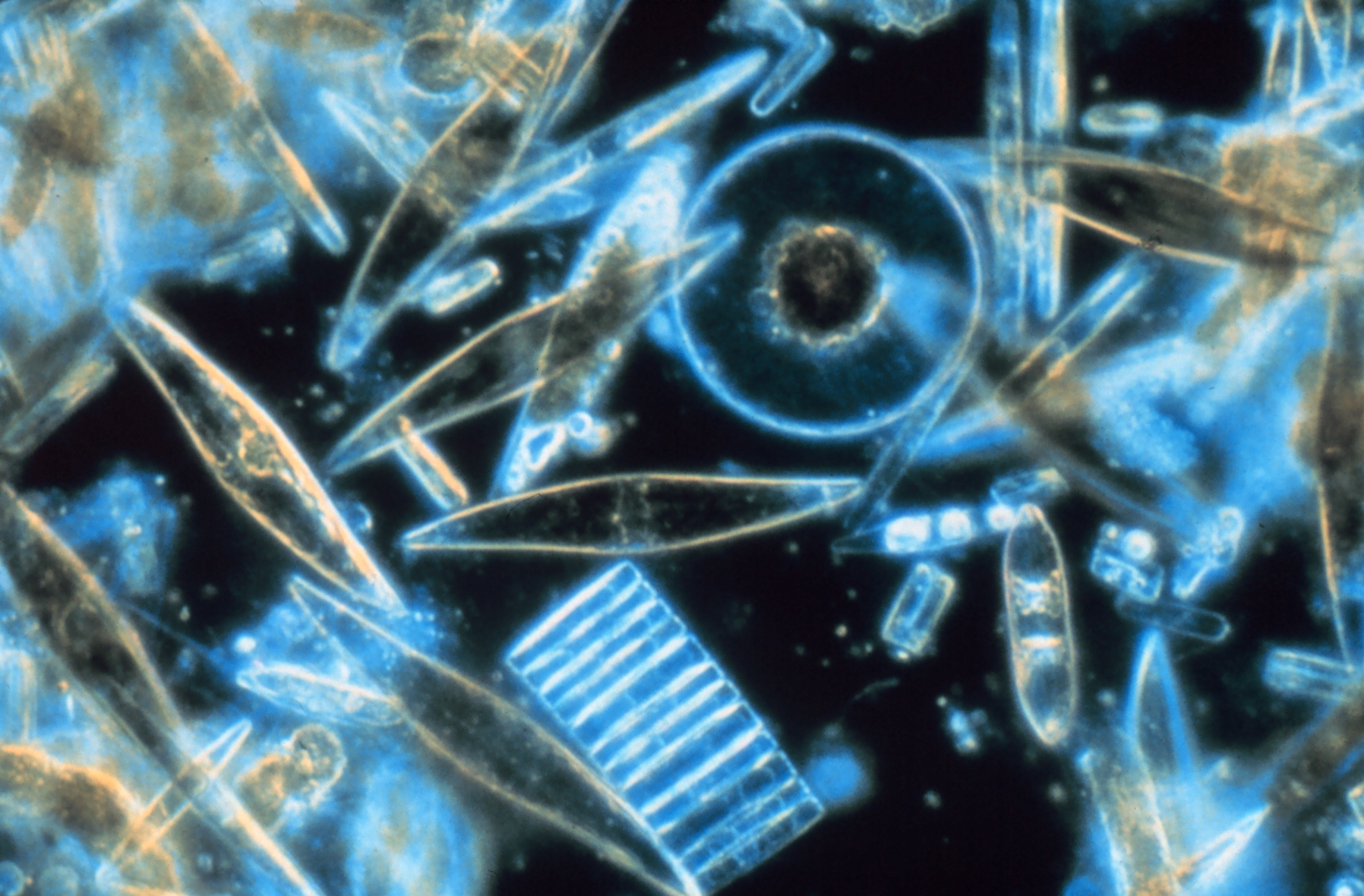Every once in a while, I find a story on the potential of algae for biofuel or for waste cleanup. Back in 2009, I wrote about both the potential of
"milking" oil from diatoms, and about
hydrogen-producing algae, which could make hydrogen fuel cells a possibility. In 2010, a breakthrough suggested that we could
pressure-cook algae to create crude oil, which would then be refined into gasoline, which is at least more sustainable than drilling and poses many fewer risks. By now, the hurdle is not can we create algal biofuels; the technology is there. The larger issue is how much we can reasonably produce. The one thing algae needs a lot of is water; it's planktonic pond scum. They also only live on the surface of water, so they require a lot of land. Algae farms, therefore, use up a lot of two important resources to create one. Is this a smart trade-off?
Enter Mark Wigmosta and other researchers at the Department of Energy's Pacific Northwest National Laboratory. They conducted a
study on how much land and water algal farms would actually require, and where they are best located to minimize the inputs (land and water) and maximize the outputs (biofuel). As it turns out, algae could easily replace 17 percent of the oil currently imported. The land requirements aren't awful; it would require water surface approximately equal to the size of South Carolina, assuming only open, fresh water farms were used. As algae can be grown on salt water and in closed farms as well, there's a potential for reducing the amount of land surface used. The bigger problem is water: for every mile driven on a tank of algal biofuel, 8-50 gallons of water was used. While this is equivalent to current biofuels from corn and soybeans, it's much larger than the amount from drilled oil, which is about 0.5 gallons of water per mile driven. Still, on land use, algae is much more efficient than corn, producing 80 times as much oil per hectare than corn. Plus, people don't eat algae, so there's no competition between biofuel and food.
So, algae's still a definite contender in making our oil consumption sustainable, until alternative energy sources are set in place, such as wind, water, solar, and nuclear. Oh, and in case you're still concerned about
nuclear power, particularly the waste, algae may help there, too: at least one species can specifically
create biomolecules from strontium. While some tests still need to be run, there is a chance that these single-celled organisms could take up Strontium-90, one of the most radioactive waste products of nuclear energy, and convert it to harmless forms.
Basically, algae is proving more and more to be a key player in any of our alternative energy solutions. They may act as the transition between fossil fuels and sustainable, clean energy; they might create that clean energy; or they may help clean up any unwanted byproducts of sustainable energy. The potential of exactly how much pond scum can do is still being discovered, and will likely prove to be far more than anyone would have guessed. And on that note, Happy Earth Day!









1 comment:
I think algae makes a very big part in our echo system But I am not yet sure but on my way to searching about it right now.
Post a Comment